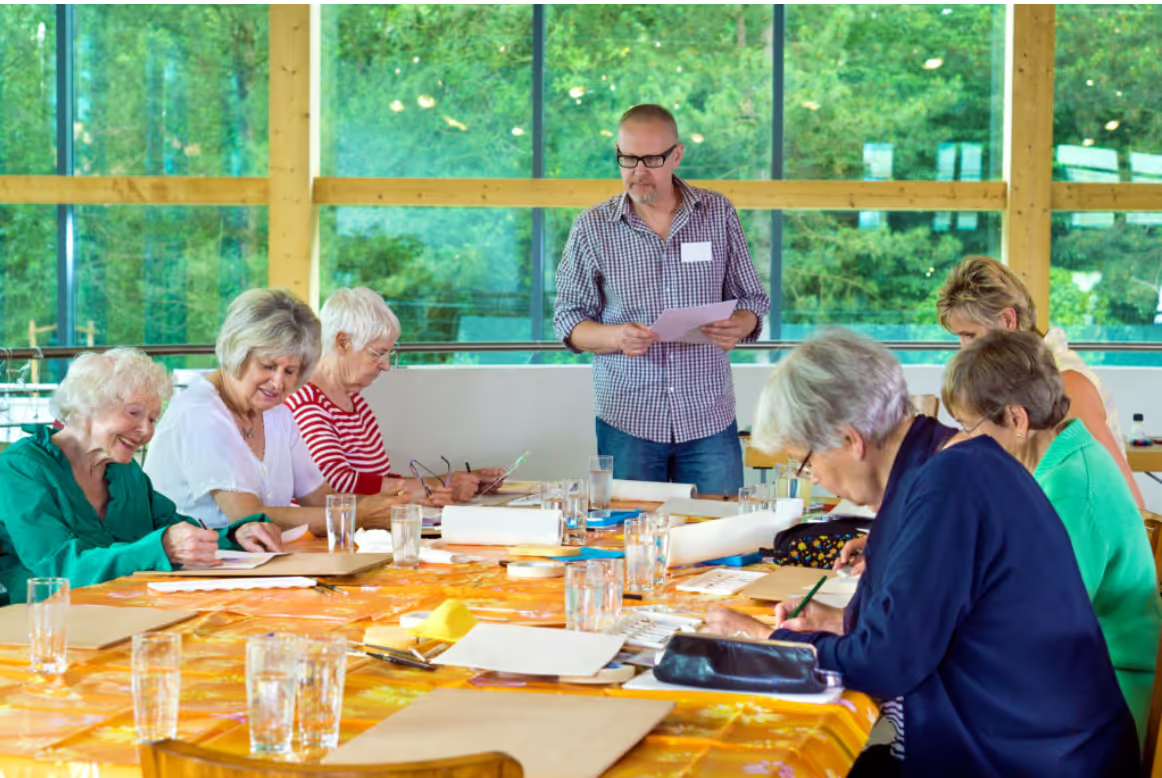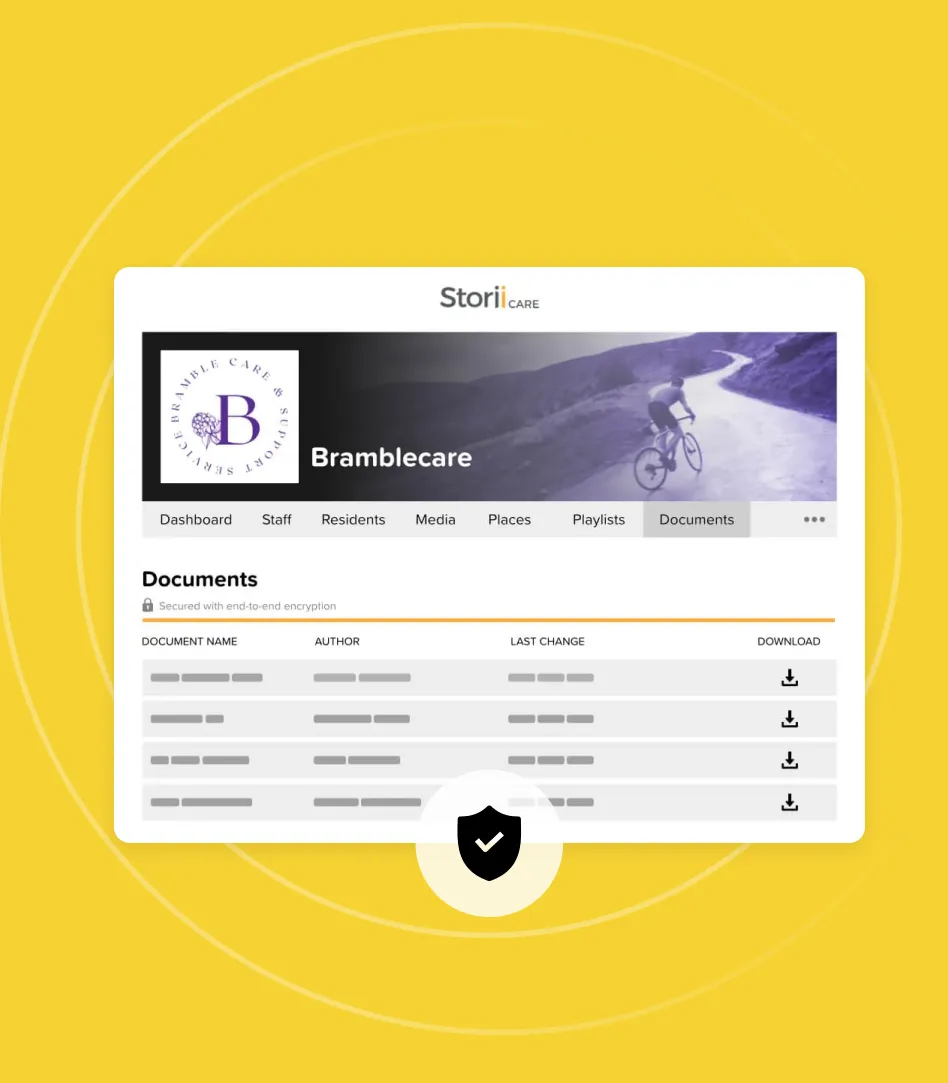“Art is like chocolate for the brain” – Dr. Gene Cohen
Dr. Gene Cohen is the founder of the National Centre for Creative Ageing (NCCA). Dr. Cohen suggested that as cognitive ability deteriorates with dementia, creative inhibitions decrease. This offers opportunities for new ways of communication through creative engagement. Dementia is predicted to double in the next decade with the arts to be seen as a powerful vehicle.
People’s artistic, imaginative and emotional responses can remain strong for years after the onset of dementia. This is especially true of Alzheimer's disease. There is research suggesting that cognitive stimulation, such as engaging in arts activity, decreases the stresses of dementia. It can improve memory, thinking, social interaction, communication, quality of life and also delay degeneration. It has been shown that art and physical activity is a great way for people with dementia and their carers to reconnect with their communities.
How do the Arts help an older audience?
- There is no right or wrong answer in the Arts. This creates a safe, exciting space where anyone can be whoever they want to be
- It can increase the ability to recall life events (reminiscence)
- Enhance and develop verbal and non-verbal communication by taking the emphasis off the breakdown of communication caused by dementia
- Promote a greater quality of life
- Enhance social interaction
- Collaboration and greater alertness in everyday life
- A chance to try something new or to develop a previous skill or interest
- Decrease anxiety and agitation
- Develops fine motor skills
- The arts can give a sense of pride and ownership
Each individual dementia diagnosis is different and the signs, symptoms and behaviours differ. Creative activities need to be adaptable and accessible for each group, changing dependent on the needs and interests of the group. The iPad is ideal for this as various creative apps can be downloaded ahead of a workshop. Previous experience has shown that some older people don’t like to get their hands dirty. When this is the case, the iPad improves engagement in the arts or in trying something new for the first time.
It is important to engage the five senses when working creatively with people living with dementia. This helps us all to make sense of the world that we live in and to ground us in what we are doing at that given moment. The iPad already engages three of the senses; touch, sight and sound. These are built into the iPad and should be used to inspire creativity. To engage the other two senses, smell and taste, sensory aids should be used along with the iPad to help understanding and the grounding to reality.
What is the We engAGE Project?
We engAGE primarily focuses on individuals with dementia in residential care homes across the North East of England. The main aim is to empower and develop creativity and innovation. We do this through the use of iPad technology and the range of apps on offer, through a person-centred approach.We engAGE is based on the ‘Present Moment’ / Imagination model which is designed specifically around a person-centred approach. New experiences are created through cross art form approaches. Using a variety of art forms helps to respond to the needs of the individual at that given moment.An example from the We engAGE Pilot Project - We found out that Bob used to be a joiner so all of his activities were focused on bringing to life these stories about his career. He participated in Origami and construction, architecture and design, wood carving and vacuum forming - all on the iPad. He was positively engaged and empowered throughout the entire creative process. He said to his best friend “I’ll come and find you when I get this done – I am busy with the iPad at the moment.”The We engAGE Project uses a model of best practice to understand which category of apps that individual with dementia should be using based on their communication needs. They then design a variety of creative sessions that intend to improve engagement in digital creativity enhancing life and curiosity.
Featured Writer

Claire Ford is the founder of We engAGE which aims to promote a sense of worth, curiosity and sensory development in individuals living with dementia through the use of iPads and digital apps.




.png)
.png)
.png)










